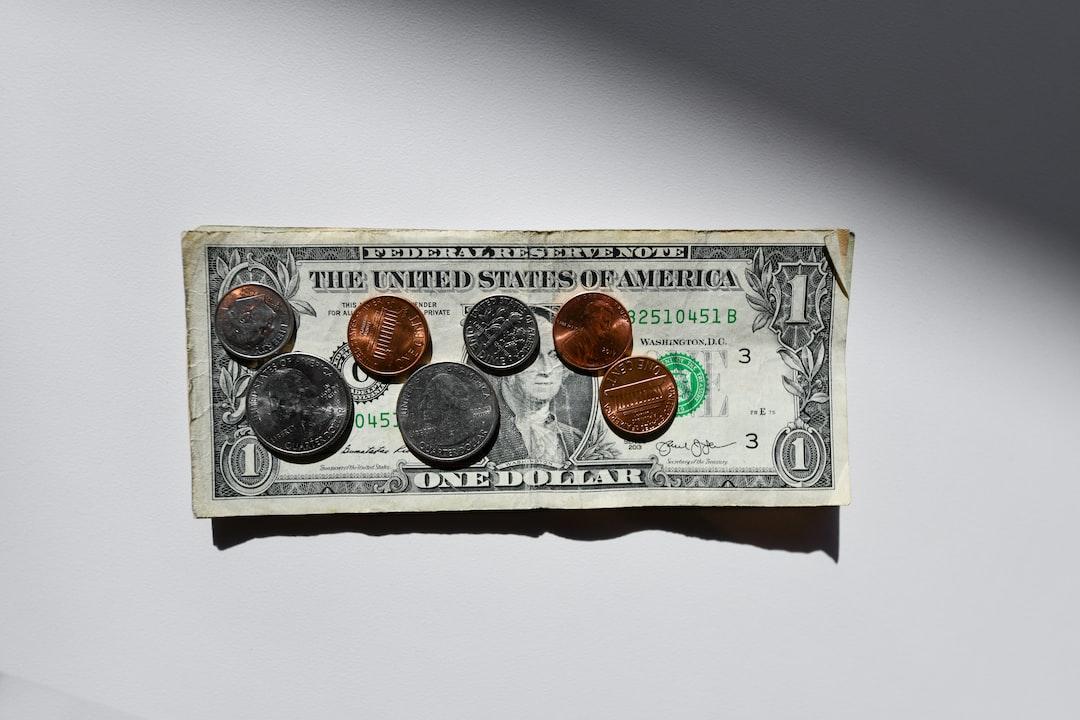US Banks and Mastercard Collaborate to Test Ledger Technology for Settling Tokenized Assets – Growing Institutional Adoption?

By Andrew Throuvalas
Updated: May 8, 2024, 13:30 EDT
Payments giant Mastercard, along with several leading US banks, has come together to conduct a trial of new distributed ledger technology. The aim of this technology is to enable settlement of tokenized assets between different entities within Mastercard’s network.
In an effort to explore the potential of shared ledger technology in facilitating smoother cross-border money transfers, financial powerhouses such as JPMorgan and Citibank announced a proof-of-concept (PoC) for a Regulated Settlement Network (RSN).
The tokenized assets that will be involved in this system include commercial bank money, wholesale central bank money, and securities such as US treasuries and investment-grade debt. These assets are currently traded on separate systems within the traditional financial system.
According to the press release issued by the banking group, the RSN PoC will be conducted in a test environment and will simulate multi-asset transactions in US dollars. The goal of the project is to identify opportunities for improving the settlement process of multi-asset transactions for domestic users of financial instruments denominated in US dollars.
Mastercard had previously conducted a twelve-week PoC in 2022 to test tokenized US dollar commercial bank transfers settled through “simulated central bank reserves on a shared multi-entity distributed ledger.” The current project builds upon that previous work and aims to enable multi-asset settlement on a programmable digital ledger.
Visa, Swift, TD Bank N.A., U.S. Bank, USDF, and Wells Fargo are among the other participants in this trial.
Additionally, U.S. Bank recently revealed a $14 million investment in Bitcoin ETFs.
The Federal Reserve Bank of New York will serve as a technical observer for this project, aiming to learn how distributed ledger infrastructure can facilitate regulated financial transfers.
Tokenization of real-world assets has gained significant attention in mainstream financial circles. Even skeptics like JPMorgan CEO Jamie Dimon, who has compared cryptocurrencies like Bitcoin to a “pet rock,” have acknowledged the potential of blockchain technology. After BlackRock’s Bitcoin ETF launch broke records in January, the company introduced a tokenized asset fund called BUIDL, which raised $240 million within a week. The fund utilizes blockchain technology to record share ownership and invests in stable assets such as cash, US Treasuries, and repurchase agreements.
Debopama Sen, Global Head of Payments at Citi Services, commented on the new RSN launch, stating, “A key element of the tokenization thesis is the potential to build more general-purpose venues for the settlement of financial transactions. Citi looks forward to exploring the opportunities of this project.”
Follow Us on Google News


